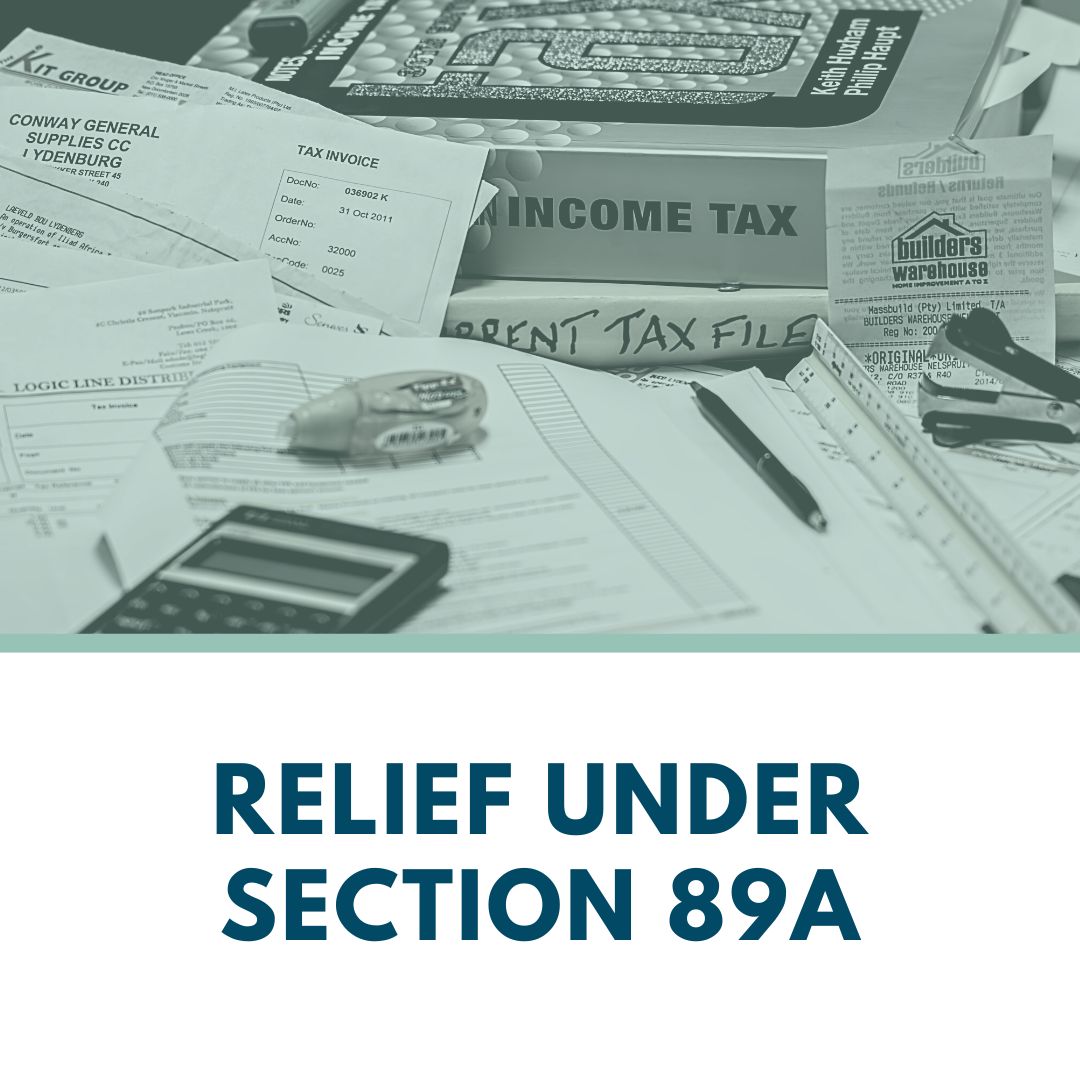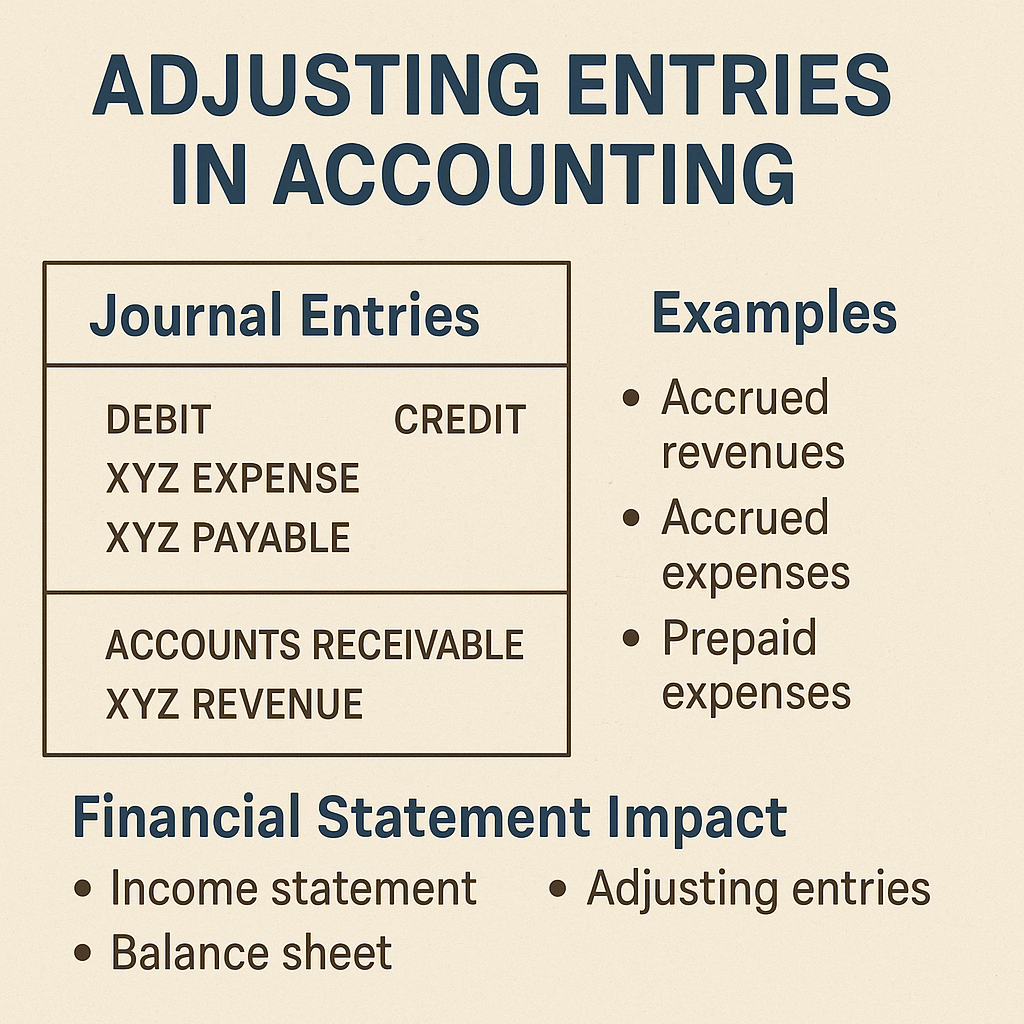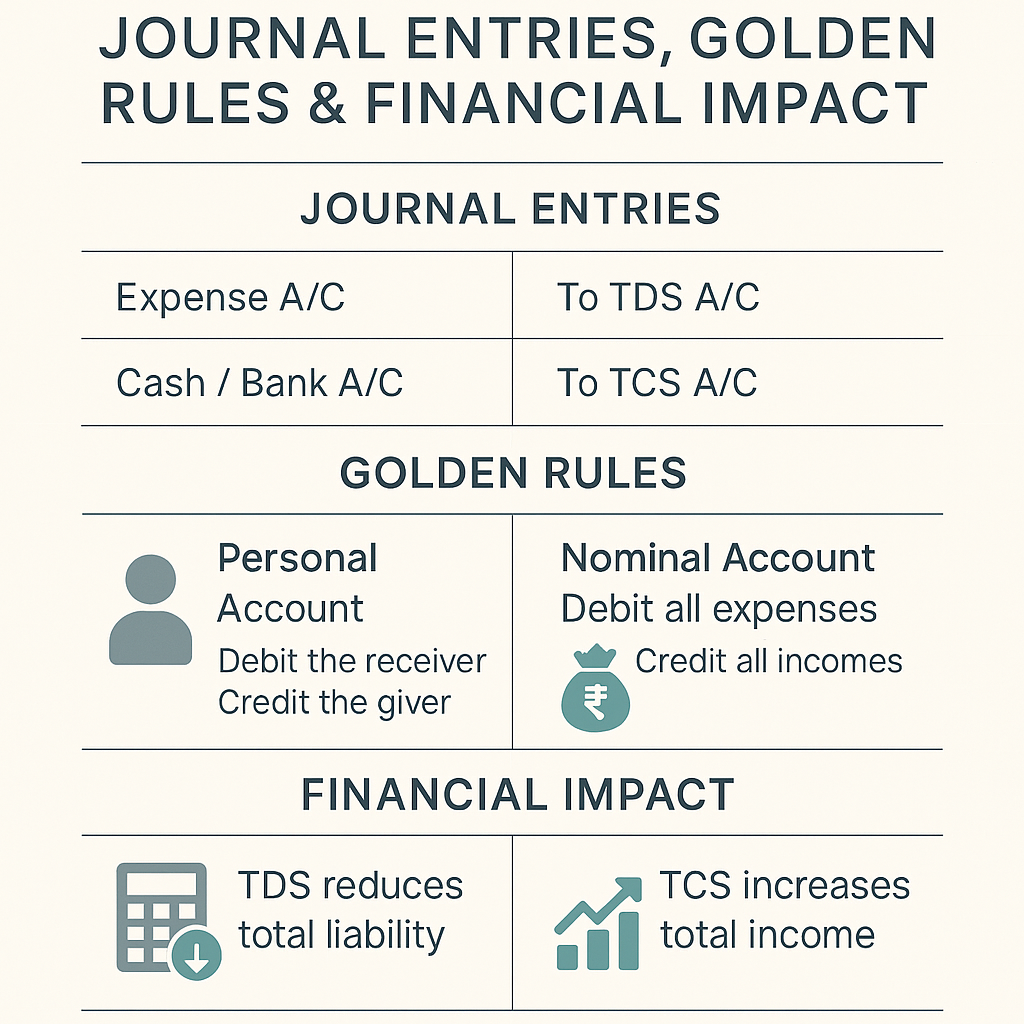Section 89A – Relief in Respect of Salary, etc., Paid in Arrears or in Advance
Section 89A of the Income Tax Act provides relief to taxpayers who receive salary or arrears of salary in a financial year. The purpose is to ensure that the taxpayer is not unduly burdened with higher taxes due to the receipt of arrears, which may have been due in an earlier year. Below are explanations, examples, and important case laws related to Section 89A.
Explanation of Section 89A:
Income from House Property with Examples and Case Laws
When an employee receives salary in arrears or in advance, the tax on such salary is calculated at the average rate of tax that would have been applicable for each of the relevant years. The relief is then granted to ensure that the employee is not taxed at a higher rate for the year in which the arrears are received.
Examples:
Arrears Received in Subsequent Year:
- Mr. X receives arrears of Rs. 5 lakh in the financial year 2023-24 for the financial year 2020-21. The relief under Section 89A is calculated to ensure that Mr. X is not taxed at a higher rate for the year in which the arrears are received.
Advance Salary Received in Previous Year:
Explanation of Sections 234A, 234B, and 234C
- Ms. Y receives advance salary of Rs. 2 lakh in the financial year 2022-23 for the financial year 2023-24. The relief under Section 89A is calculated to ensure that Ms. Y is not taxed at a higher rate for the year in which the advance salary is received.
Taxpayer in 30% Tax Bracket:
- Mr. Z, a taxpayer in the 30% tax bracket, receives arrears of Rs. 8 lakh for the financial year 2020-21. Without relief under Section 89A, he would be taxed at a higher rate. The relief ensures that the average rate is applied for each relevant year.
Deductions under Section 80C to 80U
Pension Arrears:
- Mrs. W, a pensioner, receives arrears of Rs. 3 lakh in the financial year 2024-25 for the financial year 2021-22. The relief under Section 89A is applicable to ensure that Mrs. W is not taxed at a higher rate for the year in which the pension arrears are received.
Important Case Laws:
- CIT vs. Mrs. Subbalakshmi (2005):
- Significance: The Madras High Court clarified that Section 89A relief is available even if the arrears are received after retirement.
- ACIT vs. Mrs. Kalpana Khanna (2010):
- Significance: The Delhi ITAT held that relief under Section 89A is available when the taxpayer receives arrears of salary in the year of retirement.
- CIT vs. Satya Narain (2012):
- Significance: The Rajasthan High Court ruled that the relief under Section 89A is applicable when an employee receives arrears of salary due to a revision in pay scales.
- CIT vs. B. S. Shah (2004):
- Significance: The Gujarat High Court held that relief under Section 89A can be claimed even if the arrears are received in the year of death of the employee.
- ACIT vs. Smt. S. S. Kumudam (2007):
- Significance: The Chennai ITAT clarified that the relief under Section 89A is not confined to regular employees and is also available to contractual employees.
- CIT vs. P. S. Thangavelu (2008):
- Significance: The Madras High Court emphasized that the relief under Section 89A is not limited to arrears of salary but also applies to other sums received in arrears or in advance.
- ACIT vs. Rajeev Mehrotra (2016):
- Significance: The Delhi ITAT ruled that the relief under Section 89A is available to the assessee even if the income is charged under the head “Income from other sources.”
- CIT vs. R. B. R. P. C. Constructions (P) Ltd. (2001):
- Significance: The Karnataka High Court clarified that the relief under Section 89A can be claimed by a company in respect of arrears paid to its employees.
- CIT vs. Dr. Y. G. Parthasarathy (2007):
- Significance: The Madras High Court held that relief under Section 89A is applicable even if the arrears are paid to a retired employee.
- G. Narayanasamy Naidu vs. CIT (2010):
- Significance: The Madras High Court clarified that the relief under Section 89A is available when the arrears of salary are received after a revision in pay scales.
Conclusion:
Section 89A plays a crucial role in providing relief to taxpayers who receive salary or arrears in a financial year. Understanding its provisions






